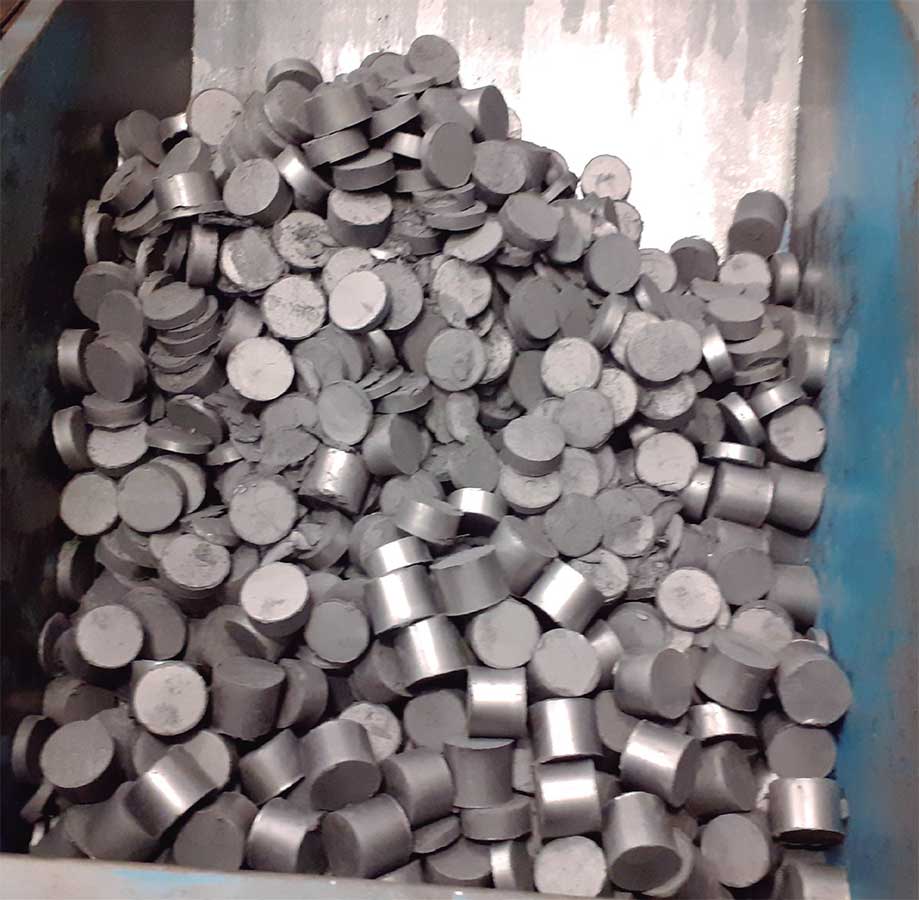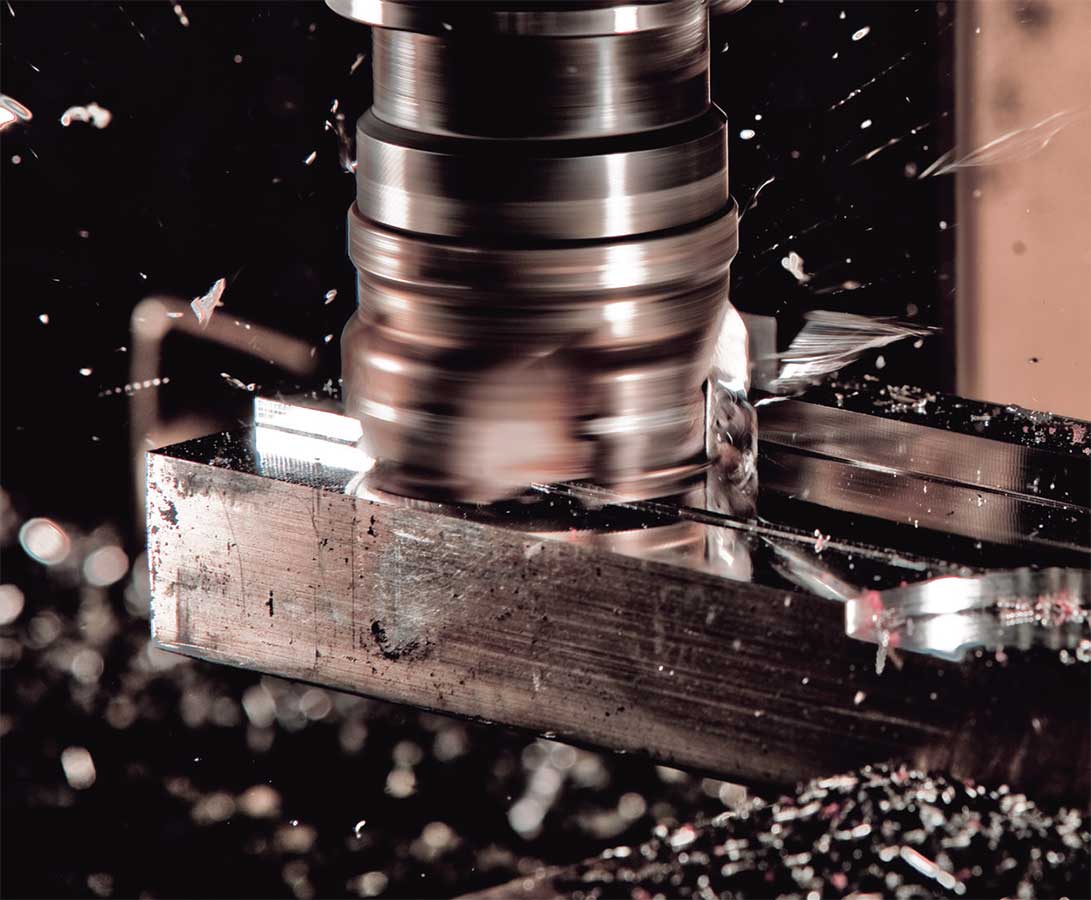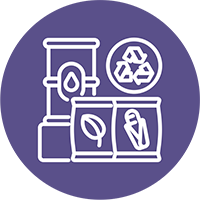LOHIBAL
RECOVERY OF GRINDING SLUDGE IN THE METALLURGICAL INDUSTRY
GRINDING SLUDGE GENERATED IN BASQUE METAL-MECHANICAL INDUSTRY AMOUNTS TO 3,700 TO 4,600 TONNES PER YEAR and is usually disposed of. However, its high metal content (over 50 %, and reaching values of over 90 % in some companies) and hazardous nature, are increasingly attracting the interest of industries and environmental administrations in minimising and recovering it. However, although magnetic filtering systems for grinding machines are included in the Basque List of Clean Technologies, no implementation is known in any company in the Basque Country.
MOSNIC-IRUDEX, a specialist in the manufacture of auxiliary elements for the machine tool industry, has led LOHIBAL, where GEARBOX BY GAMESA, SCHAEFFLER and TEKNIMAP have also participated.

DRIVING FACTOR


 OBJECTIVES
OBJECTIVES
- Separate metallic and non-metallic parts of grinding sludge by using powerful rare earth based magnetic separators.
- Identify possible recovery routes for potentially interested companies. The solution proposed by LOHIBAL combines a magnetic separator with a briquetting press.
 RESULTS
RESULTS
- Elimination of the use of oil-impregnated cellulose filters used in conventional technology, also recovering the oil that impregnates these filters, and facilitating subsequent waste treatment.
- Reduction of oil present in waste to concentrations below 2.5% through the use of a briquetting press.
- Declassification of waste as hazardous waste, due to reduced oil concentration.
- Recovery of oil included in waste (with concentrations varying between 10% and 50%), facilitating its transport and subsequent handling at the recovery plant.
 CONCLUSIONS
CONCLUSIONS
- LOHIBAL has reduced waste generation by 7% to 47%, as well as oil consumption in the facility, by recovering the oil used; and has modifi ed the hazardousness of waste.
- At the end of the project, the possibility of recovering briquettes produced is still being tested by recovery companies, including the results of tests allowing other important criteria for recovery to be established (granulometry, waste conditions, TOC, etc.).
- General declassifi cation of waste as hazardous waste was not possible.
- Applicability in all types of industries cannot be guaranteed.
ENVIRONMENTAL
TECHNICAL
ECONOMIC
COMMERCIAL
ON THE MARKET



